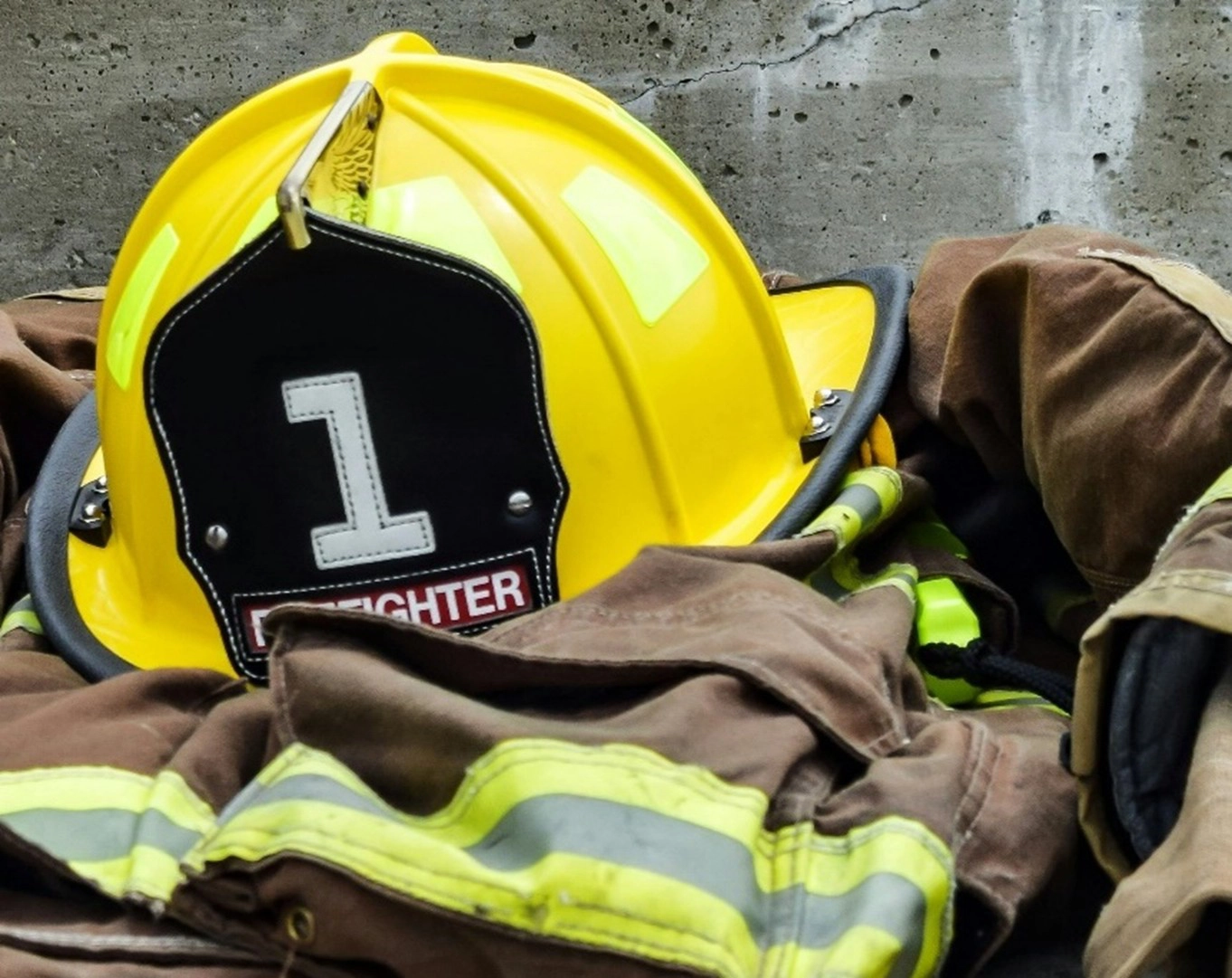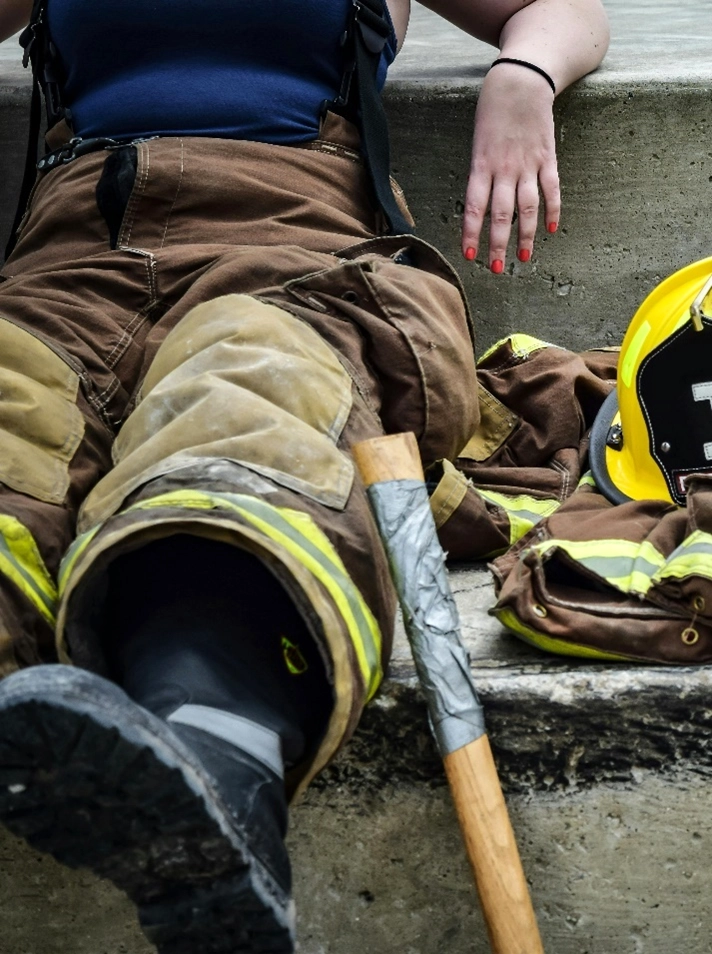
We can’t say enough about the importance of first responders. We only need look at California or Florida these days to immediately grasp the key role they play in any town or city.
Easing the path to homeownership for first responders is one way for communities to keep these essential people.
Mortgages that support first responders are called first responder home loans. They’re important financial tools for paramedics as well as fire and policing officials. Let’s take a look at what’s available.
Good Neighbor Next Door
The U.S. Department of Housing and Urban Development (HUD) designed this loan type to help essential personnel live in the communities they protect.
The FHA-backed Good Neighbor Next Door home loan is for first responders, emergency med techs, and teachers (pre-K through 12th grade) in designated revitalization areas.
Eligible borrowers receive 50% off the home’s list price. Find HUD homes in your state. Be sure you are willing to sign up to live in your home for three years.
State and Local Loans for “Good Neighbors”
Are you willing and able to go to places that need your skills? Certain cities and counties offer down payment help for public service personnel. Programs can be available particularly in neighborhoods that are trying to readjust after disasters or other emergencies.
And check your state’s housing authority to see what comes up. States may offer discounted interest rates, fee waivers, closing cost credits, or down payment assistance grants.
Leading examples of state-run programs are:
- California’s CalHERO home loans. Nurses are also eligible.
- South Carolina’s Palmetto Heroes — check for availability.
- Florida’s Hometown Heroes — check for availability.
- The Texas program Homes for Texas Heroes — for law enforcement and first responders, teachers, librarians and nurses. Successful applicants can access down payment assistance of 3-5% of the amount they borrow.
State programs usually offer reduced minimum down payments and easier approvals. Some programs are available for 911 dispatchers and other helping professionals. Check each program to learn who may apply.
Is the HELPER Act Still in Play?
We introduced Deeds.com readers to the Homes for Every Local Protector, Educator and Responder (HELPER) Act last year.
The Homes for Every Local Protector, Educator, and Responder Act intends to provide a loan model with no down payment for first responders and teachers. There would be no monthly charge for private mortgage insurance (PMI). Applicants would still have a mortgage insurance premium (MIP) to pay up front, covering about 4% of the amount borrowed.
HELPER would be available across the country. This proposed program would operate through the federal government. The bill was first introduced in 2021, and was revived in the 2023-24 session, sponsored by Marco Rubio of Florida. It has attracted a crowd of co-sponsors and endorsements.
But Congress hasn’t passed it. To date, it has not been reintroduced in Congress for the 2024-25 lawmaking period.
Grants for First Responders: Funding You Can Keep
First responders may also have access to locally sponsored or state-level grants. This is funding that the borrower need not repay. Eligibility for grants tends to be open to a broad range of applicants. As grants don’t require monthly repayments, credit requirements can be much less stringent for grants than for loans.
EPM Wholesale is one of the lenders that works with grants. You can do a search as well for the name of your state and “first responder down payment grant.”
Should You Apply for First Responder Mortgage Funding?

Every type of home loan comes with advantages and disadvantages to weigh. Here are a few notable aspects of first responder loans:
On the Upside…
First responder home loans are a key to acquiring a fairly affordable deed. These loans enable essential residents to move from renting to buying.
First responder home loans aren’t just benefiting the borrowers. They benefit towns and cities that need these borrowers’ skills and talents. First responders contribute to the resilience of their communities, and that’s priceless.
On the Downside…
First responder home loans do have a few potentially frustrating aspects. Usually there are rules about the length of applicants’ job histories. That’s not surprising; funders don’t want to incentivize people to take certain jobs just long enough to get discounts on homes.
There are rules, too, that require the borrowers to keep and live in the home for a period of time. This could conceivably cause a borrower to miss some financial opportunities later on.
Also, although borrowers have to prove their ability to afford the loan, there’s usually an income cap for applicants. (But it’s typically high.)
First Responder Home Loan Alternatives
Some emergency workers might do better with a veteran’s or USDA loan. Below are some potentially affordable alternatives to first responder home loans.
- Conventional home loan: Freddie Mac and Fannie Mae require as little as 3% of the purchase price as a down payment. For the Freddie Mac Home Possible or HomeOne® mortgage, applicants should know about the BorrowSmart Access℠ income and property tool. Borrowers can apply for up to $2,500 in down payment assistance for standalone houses or condo properties.
- FHA home loan: Requires a minimum down payment of 3.5%. First-time buyers especially appreciate FHA loans for the ease of eligibility. Borrowers have to pay a monthly charge for mortgage insurance. Because the mortgage insurance doesn’t get removed when the borrower builds up equity, some deed holders with FHA loans opt to refinance later to conventional loans. Speak with a mortgage specialist for guidance.
- VA home loan: Low or no down payment minimums. Many public officers are ex-military personnel who can apply for a Veteran Affairs (VA) home loan. In contrast to FHA loans, there are no monthly mortgage insurance premiums charged. VA loans serve qualified veterans, active-duty service people, and spouses.
- USDA home loan: Low or no down payment minimums. This financing is meant for homes in suburban or rural neighborhoods with 10,000 or fewer residents. It does not require you to buy or work on a farm.
Research all options with care! Some discounted mortgage programs expect borrowers to complete courses in financial aspects of homeownership.
Making the “American Dream” Happen
Ready to check out first responder loans? For many households, these loans are the key to achieving the elusive goal of receiving the deed to a home. Whatever profession you have chosen as a first responder, check with your professional association. Ask for current information on home loans for first responders.
The next step usually involves setting up an appointment with a local mortgage specialist, or with a housing counselor.
Let this article serve as a starting point for your own research and due diligence. Good luck in your quest, and thank you for your service.
Supporting References
U.S. Department of Housing and Urban Development (Washington, DC): Single-Family Housing; REO – Good Neighbor Next Door.
Tai Le for QuickenLoans.com (part of Rocket Mortgage, LLC, and trademarked by LMB Mortgage Services, Inc. (Los Angeles, California): First Responder Home Loans – What You Need To Know (Dec. 11, 2024).
AmericanFinancing.net: Mortgage Basics – Mortgage Program Options for Police Officers and First Responders.
And as linked.
More on topics: Down payment assistance, Buying a home with 3% down
Photo credit: Pixabay, via Pexels/Canva.
